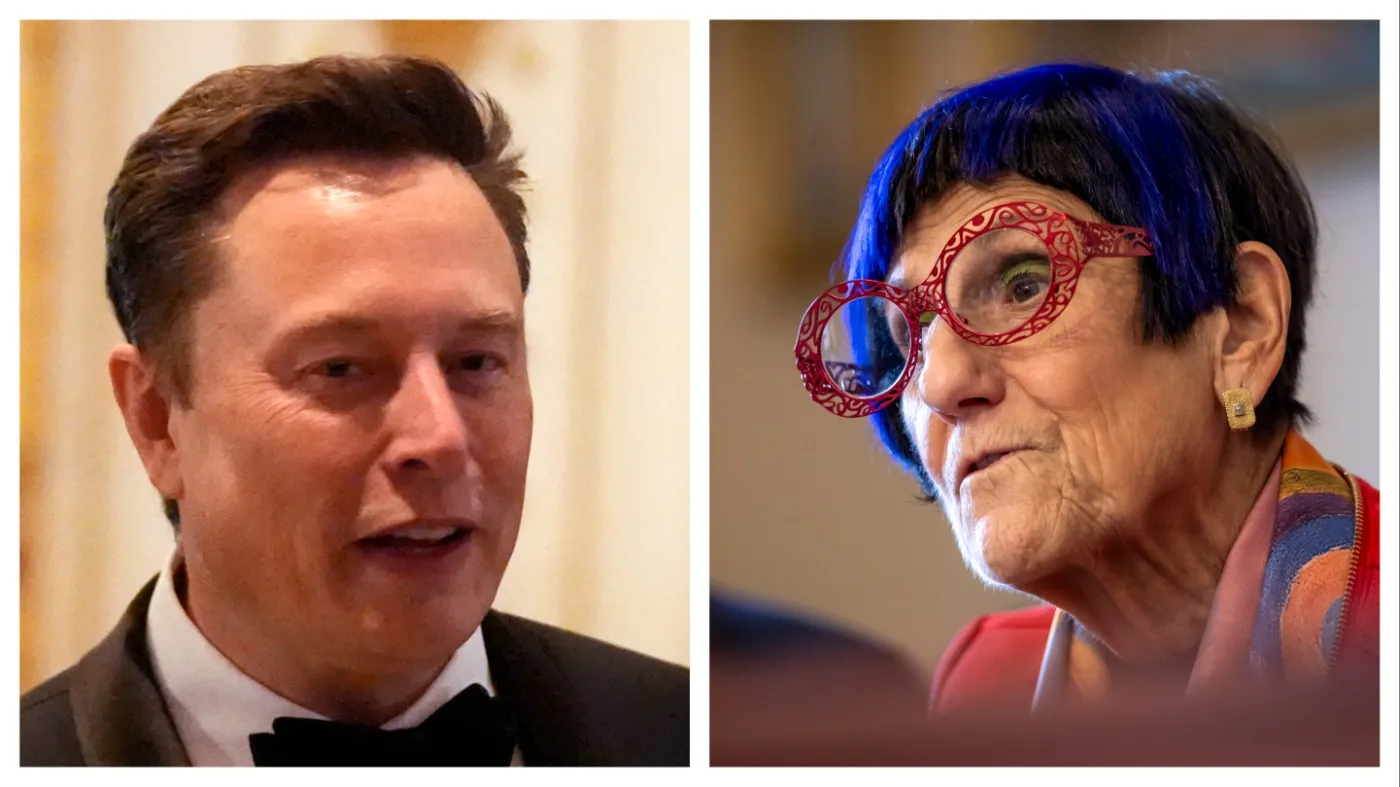Elon Musk's Role in the Bipartisan Spending Bill Controversy

Elon Musk's Alleged Sabotage of Critical Spending Bill
In a bold accusation, Rep. Rosa DeLauro, the top Democrat on the House Appropriations Committee, claimed that Elon Musk took actions to derail a bipartisan spending bill due to its provisions that could restrict his business interests in China. The conflicting dynamics between U.S. investment policies and Musk's deep-rooted interests in China come to light.
The Spending Bill's Significance
This recently introduced spending agreement aimed to address pressing issues, including limits on U.S. investments in China amidst rising concerns over national security. DeLauro emphasized that Musk's extensive connections to China, particularly through Tesla’s major manufacturing presence in Shanghai, influenced his stance on the spending deal.
Political Ramifications
- Musk's financial interests linked to the Chinese Communist Party raise ethical questions about his influence over U.S. policies
- The bipartisan funding deal faced potential collapse due to concerns over foreign investment
- DeLauro calls Musk's actions alarming, citing the importance of protecting American jobs and technological capabilities
Musk's public critiques of the funding plan on X, highlighted by various grievances, notably omitted any mention of the contentious investment restrictions. This omission prompts further scrutiny into his motives as a private citizen with substantial financial stakes in China.
This article was prepared using information from open sources in accordance with the principles of Ethical Policy. The editorial team is not responsible for absolute accuracy, as it relies on data from the sources referenced.